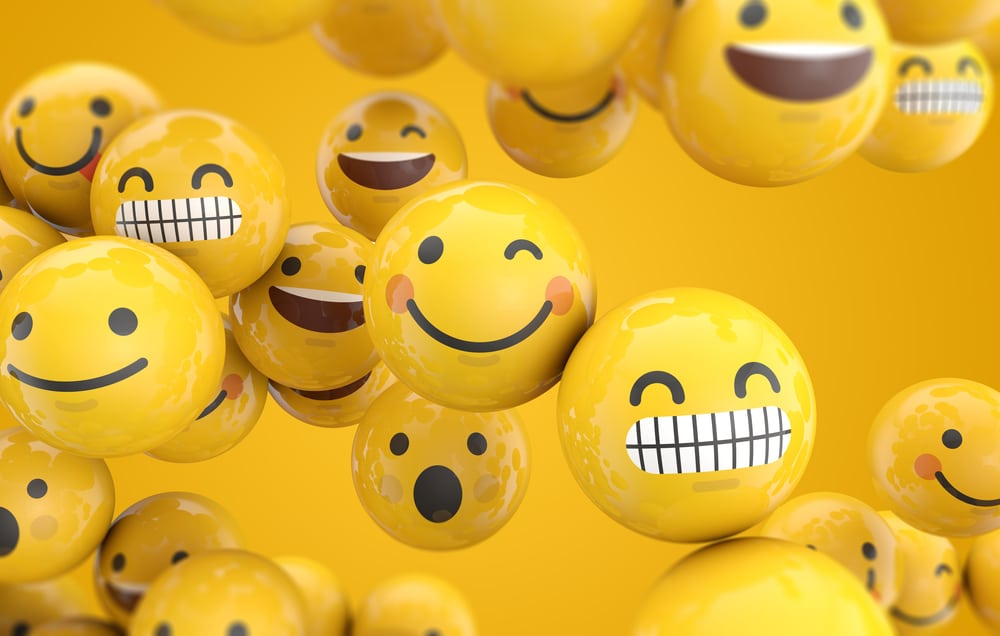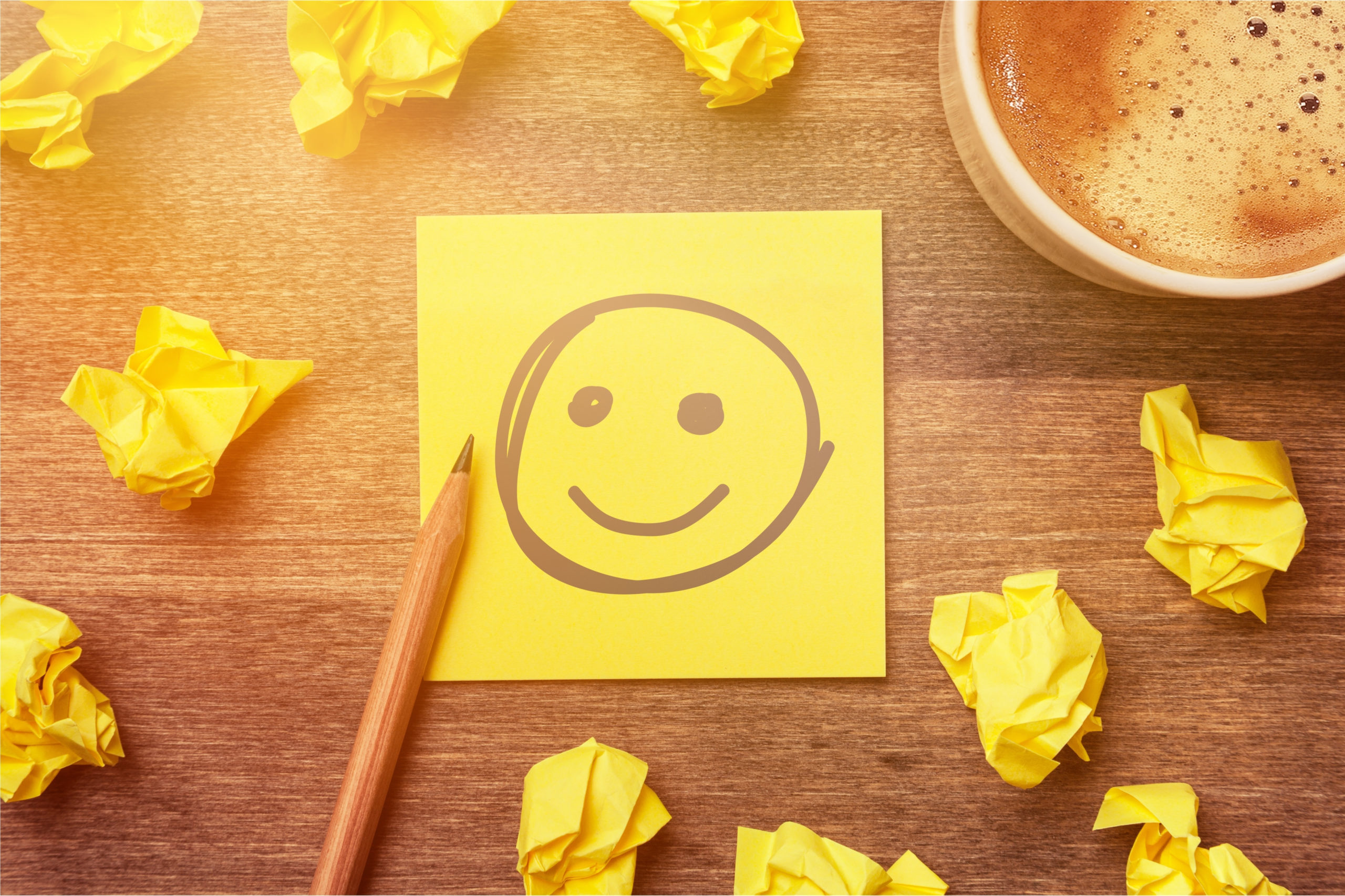Do you think happiness is the elusive feeling for those with a perfect life? Open the fountain: happiness is there in full abundance for you too.
Did you ever look at a young child and think, “I wish I would have that?” I wish I could have that sparkle in my eye, that joy and happiness that is so characteristic of youth, the ability to be happy with NOTHING.
Just this morning, for a change from his daily lunch fare, I asked my toddler son if he’d like chocolate spread in his sandwich. (It’s officially chocolate-flavored carob spread, but yeah… Can you guess where I live?) His response (I quote): “Chocolate spread is delicious! I love it! Chocolate spread makes me happy!” He then proceeded to entertain me with the details of the joyous eating-a-chocolate-spread-sandwich-at-Gan activity (which, bless his Morahs, involves squirting water from his bottle and a pretty, pretty, mess).
Okay, so we don’t actually want to be 20 or 40 or 60-years-old and so, so happy about a chocolate spread sandwich, do we? But why not? Because for many of us, very early on, we come to the conclusion that emotions have to “make sense.” (“Big kids don’t cry for this…” “What is so funny?”) Because of this erroneous conclusion we come to, we actually deprive ourselves from feeling this happiness that is really very much inherent in us. We learn to shut off our valve of emotion in order to turn into composed, proper individuals. Life becomes robotic, with our mind telling us “Okay, now it makes sense for you to feel lonely/angry/sad/happy, so go ahead.” And all this time, the emotions we’re really experiencing get buried deeper within. They patiently (or rather impatiently) await their release. (Interestingly, this is a reason some people actually anticipate sad or frightening news—it gives them “permission” to express their buried emotions.)

So what happens to an emotion like happiness? Deep inside, all of us feel it, just like that little child we envy. Acquiring happiness is less about actually trekking on a search for it and more about letting it emerge from within. This happens when we come to the conclusion, after all these years that we’ve convinced ourselves otherwise, that my happiness does not have to “make sense.” I could be happy “just because.” I could be happy that I’m alive, that I have functioning organs, that I have a family. I could be happy that I’m a Yid. I could be happy even if I’m not at my ideal weight, even if nothing improved in my shalom bayis, even if that kid is being so, so difficult. (I could be sad, too, but that’s a topic for another article.)
“Seriously? I know this stuff already. What am I? A happy-go-lucky kid? A simple-minded girl?” Is it your mind you’re hearing again? It may very well be. Because at the same time that we’ve restricted our permission to feel happy, we’ve noticed that it is mostly those who don’t think too deeply into things, and very young children, who are happy “with nothing.” And while, deep inside, our heart was envious, wishing we would feel the same way, our mind told us, “You’re more sophisticated than that.”
But there’s another group of individuals who are happy “with nothing.” These people are not young children and they’re also very wise and deep. They are our role models in emotional wellbeing: the Yidden who live and breathe Torah. A tzaddik or tzadeikes is happy “just because.” That’s not because they’re immature or they “don’t know better.” That’s because they simply allow their inner fount of happiness to come to the fore. Without the constant commentary of “You’re not okay,” with the wholehearted belief in their pure essence, they’re perpetually happy. (With children, it’s because while they have a developed emotional world, their cognitive world is still developing. Their inner critic is not yet running overtime.)

While our mind is telling us that being happy “just because” sounds silly and childish, if we listen closely to our heart, we will hear it say, “Pretty please!” At our essence, we want to be happy. But what can we do if our mind keeps carrying us away from that glorious state?
In honor of Purim 2020, here’s what I propose. Let’s start an “I’m smart & I’m happy” club. Permission for entry is granted to everyone who gives herself permission to do so.
How does it work? It works when we stop making an association between logic and emotion. In other words, my happiness does not have to make sense. None of my emotions have to make sense. If I feel them, I feel them. End of story. And so, every time we feel something, as soon as we notice our mind (also known as the inner critic, others call it the yetzer hara) come into the picture, with comments like, “What are you, a baby?” Or “Seriously? This is what makes you happy?” we kindly dismiss it. We say, “I choose to be happy.”
Happiness happens when we fargin ourselves to feel happy, when we fargin ourselves to dismiss that constant gragger in our mind that keeps pulling us away from it. When that happens, we read a funny joke and we just… laugh. (See you next time, cynic.) We hear music and we just.. dance or sing along. (You mind? I know the high school dance/choir heads didn’t give me a chance, but I still love this.) We eat an ice cream cone if that’s what makes us happy. (Yes, I look like I’m four. I’m supposed to be snacking on an açaí bowl now. Yes, yes, I know.) We get a compliment or a hug or a gift and we allow ourselves to bask in its warmth. (I deserve this.) We see the sunshine and we say… “Wow! What a beautiful world! Thank you, Hashem!” (It is my type! I’m a happy girl.) We enjoy the littlest things, be it freshly washed linen, a new skirt, the breeze, or a leisure walk.

Emotions do not discriminate. If I let myself feel happy with nothing, I will also experience the full emotion when the emotion is “called for,” such as at the birth of a child or a wedding. Giving myself permission to feel, period, opens that valve and allows the fountain of joy to pour forth.
Ironically, when we give ourselves permission to experience happiness in its simplest form, we realize how much we also want to give and how much joy we derive from spiritual pleasure. That’s because when we treat our own essence with acceptance and kindness, we can be there for others and see their beauty too. The more happiness you fargin yourself, the more you’ll find yourself doing for others, sharing your joy with others, which only multiplies your own.
So yes, happiness is not that elusive at all. It’s right here, in your heart. Give it permission to emerge and you’ll be amazed at the joy you’ll experience. When I say that I see that twinkle in your eye, skip that cynical wink. We both know better. Happy Purim and happy every day!





Thank you Shiffy. Such good points.
Yes, life is so much more expansive and enjoyable when we allow ourselves to experience happiness.
Dear Chana,
You’re very welcome! I appreciate your feedback.
I never write comments… but this is beautiful! Thank you.
So then an extra special thank you for your comment, JM! I’m glad you enjoyed this article.